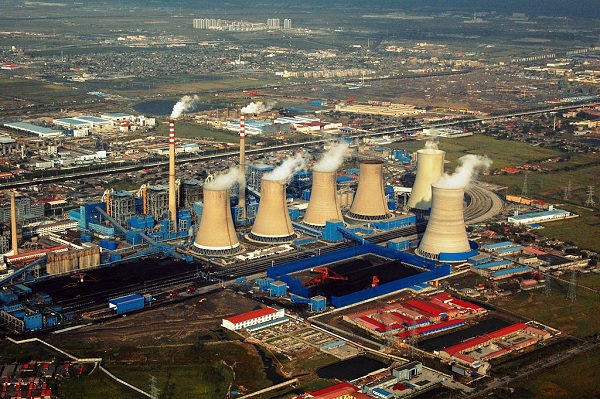
In the 21st century, the world finds itself at a critical juncture regarding its energy future. The global energy crisis looms large, presenting a multifaceted challenge that transcends geographical boundaries and affects every aspect of human existence. At its core, this crisis revolves around the unsustainable consumption of fossil fuels, coupled with the urgent need to transition to cleaner, renewable energy sources. This essay delves into the complexities of the world energy crisis, exploring its underlying causes, far-reaching consequences, and the imperative for collective action.
One of the primary drivers of the global energy crisis is the world's heavy reliance on fossil fuels, including coal, oil, and natural gas, for meeting its energy needs. For decades, these finite resources have served as the backbone of global energy production, powering industries, transportation systems, and households worldwide. However, the environmental toll exacted by fossil fuel combustion is increasingly evident, with rising carbon emissions contributing to climate change, air pollution, and ecological degradation on a planetary scale.
The consequences of climate change are profound and wide-ranging, manifesting in more frequent and severe weather events, melting ice caps, rising sea levels, and disruptions to ecosystems and biodiversity. These impacts threaten human health, food security, water resources, and economic stability, exacerbating existing vulnerabilities and inequalities within societies. Moreover, the disproportionate burden of climate change falls heavily on marginalized communities, exacerbating social injustices and perpetuating cycles of poverty and deprivation.
Energy access disparities represent another dimension of the global energy crisis, with millions of people worldwide lacking access to reliable, affordable, and clean energy services. Energy poverty perpetuates socio-economic inequalities, hindering economic development, education, healthcare, and gender equality in many parts of the world. Bridging the energy access gap is therefore essential for achieving the United Nations Sustainable Development Goals (SDGs) and ensuring that no one is left behind in the transition to a sustainable energy future.
The depletion of fossil fuel reserves poses additional challenges to global energy security, as countries grapple with the prospect of diminishing resources and escalating competition for access to remaining reserves. Geopolitical tensions and conflicts over energy resources further compound these challenges, heightening the risks of supply disruptions, market volatility, and geopolitical instability. Dependence on energy imports from politically unstable or hostile regions exposes countries to strategic vulnerabilities, necessitating diversification of energy sources and supply routes.
Despite these daunting challenges, the world energy crisis also presents opportunities for transformative change and innovation. Renewable energy sources, such as solar, wind, hydro, and geothermal power, offer promising alternatives to fossil fuels, with the potential to provide clean, sustainable, and decentralized energy solutions. Technological advancements, cost reductions, and policy incentives have accelerated the deployment of renewable energy worldwide, driving a global energy transition towards a low-carbon future.
Investments in renewable energy infrastructure, energy efficiency measures, and sustainable development initiatives are essential for catalyzing this transition and unlocking the full potential of clean energy technologies. Moreover, fostering collaboration between governments, businesses, civil society, and international organizations is critical for overcoming barriers to renewable energy adoption and achieving collective climate goals.
In conclusion, navigating the global energy crisis requires a concerted and coordinated effort from all stakeholders, grounded in principles of sustainability, equity, and resilience. By embracing renewable energy solutions, advancing energy access, promoting energy efficiency, and addressing the root causes of climate change, humanity can chart a course towards a more sustainable and prosperous future for generations to come. The time for action is now, and the stakes could not be higher.